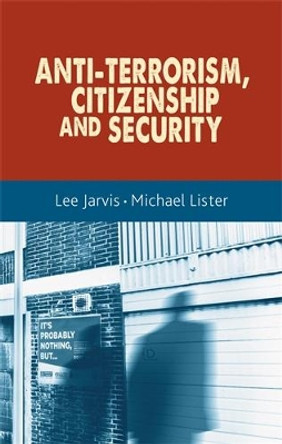Description
This volume examines the rationale, effectiveness and consequences of counter terrorism practices from a range of perspectives and cases.
The book critically interrogates contemporary counter-terrorism powers from military campaigns and repression through to the prosecution of terrorist suspects, counter-terrorism policing, counter-radicalisation programmes, and the proscription of terrorist organisations. Drawing on a range of timely and important case studies from around the world including the UK, Sri Lanka, Spain, Canada, Australia and the USA, its chapters explore the impacts of counter-terrorism on individuals, communities, and political processes.
The book focuses on three questions of vital importance to any assessment of counter-terrorism. First, what do counter-terrorism strategies seek to achieve? Second, what are the consequences of different counter-terrorism campaigns, and how are these measured? And, third, how and why do changes to counter-terrorism occur?
This volume will be of much interest to students of counter-terrorism, critical terrorism studies, criminology, security studies and IR in general.
About the Author
Lee Jarvis is a Senior Lecturer in International Security at the University of East Anglia. He is author of Times of Terror: Discourse, Temporality and the War on Terror (2009), and co-author of Terrorism: A Critical Introduction (2011).
Michael Lister is Reader in Politics at Oxford Brookes University. He is co-author of Citizenship in Contemporary Europe (2008) and co-editor of The State: Theories and Issues (2005).
Book Information
ISBN 9781138221765
Author Lee Jarvis
Format Paperback
Page Count 234
Imprint Routledge
Publisher Taylor & Francis Ltd
Weight(grams) 362g







